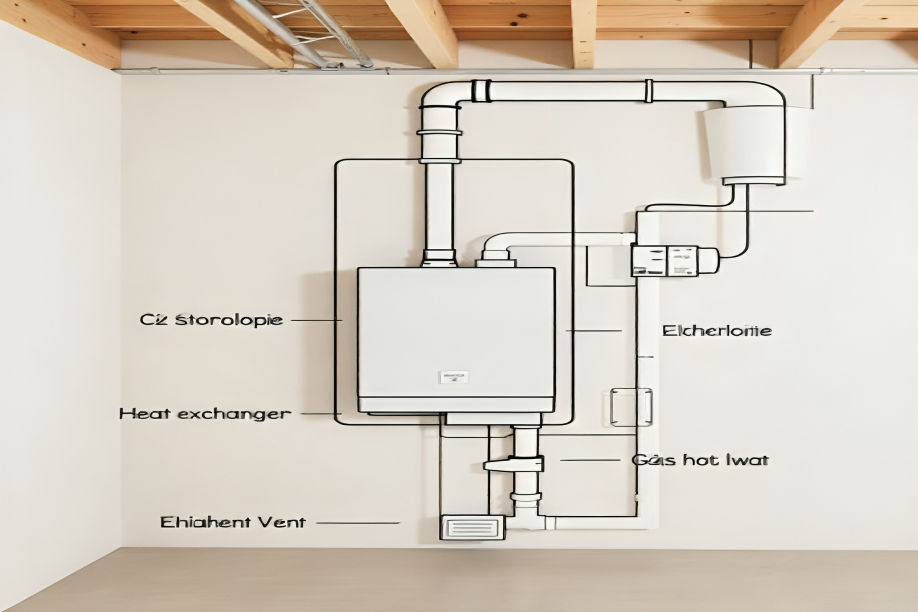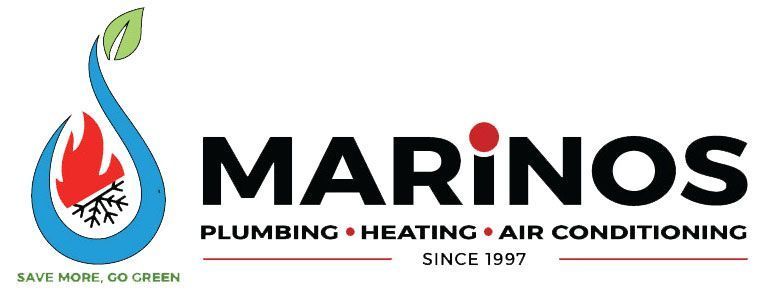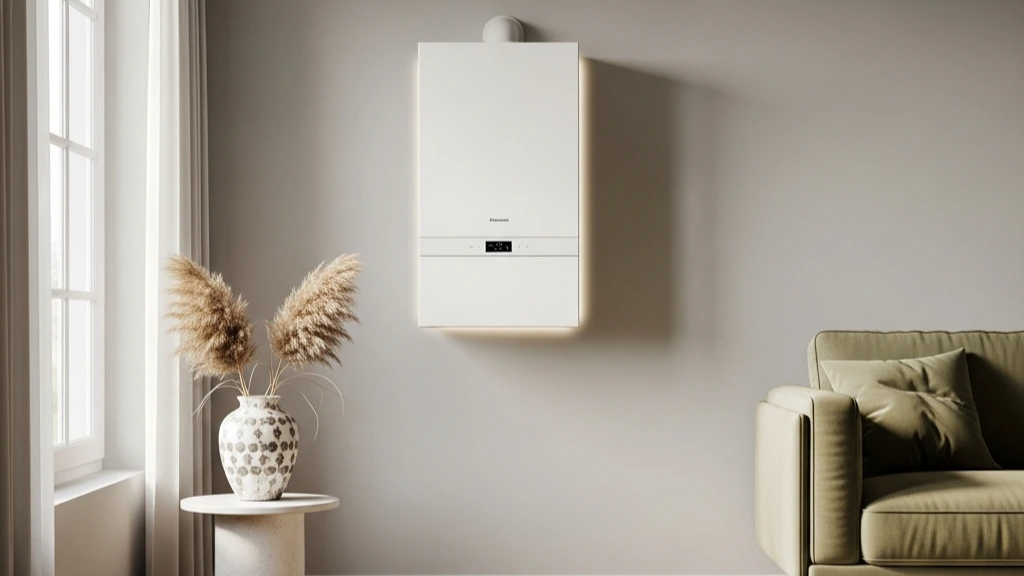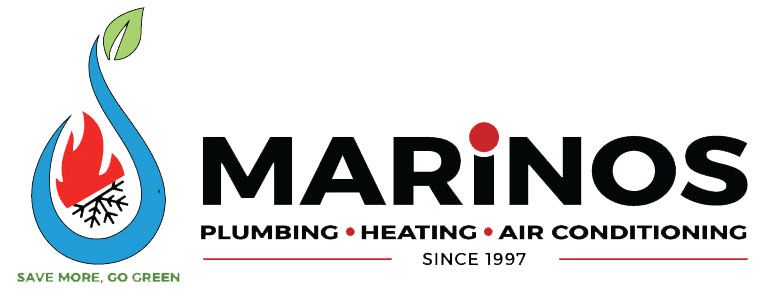Why Is My Hot Water Tank Leaking? Common Causes & Solutions
Hot water tanks are essential for daily comfort, providing warm water for showers, dishwashing, and laundry. But what happens when your water heater starts leaking? A leaking hot water tank can lead to water damage, increased energy bills, and even complete system failure if not addressed promptly.
In this guide, we’ll explore the common reasons why hot water tanks leak and the best solutions to fix them.

Common Causes of Hot Water Tank Leaks
1. Loose or Faulty Connections
Your hot water tank is connected to your home’s plumbing system through inlet and outlet pipes. Over time, these connections may loosen due to water pressure or natural wear and tear, leading to leaks.
🔹 Solution: Inspect the fittings and tighten any loose connections. If you notice corrosion around the joints, it may be time to replace the pipes.
2. A Faulty Temperature & Pressure Relief (T&P) Valve
The T&P valve is a crucial safety feature in your water heater. It releases excess pressure when the temperature inside the tank gets too high. If the valve is faulty or set too high, it may leak water.
🔹 Solution: Test the valve by lifting its lever. If water continuously drips after lowering it, the valve needs replacement. This is an inexpensive fix that prevents more serious issues.
3. A Cracked or Corroded Tank
Over time, hot water tanks in Canada are exposed to minerals, sediment buildup, and fluctuating temperatures, which can lead to corrosion and cracks. Unfortunately, a corroded tank often signals that your water heater is reaching the end of its lifespan.
🔹 Solution: If your tank is rusted or cracked, a replacement is the best option. Consider upgrading to an energy-efficient model to reduce your heating costs.
4. Sediment Buildup at the Bottom of the Tank
Hard water in Canada often carries minerals that settle at the bottom of the tank, forming sediment buildup. Over time, this sediment causes overheating, which weakens the tank’s inner lining and leads to leaks.
🔹 Solution: Drain and flush your water heater at least once a year to prevent sediment buildup. This will help extend the lifespan of your unit.
5. A Leaking Drain Valve
The drain valve is located near the bottom of the tank and is used for maintenance and flushing. If it's not properly closed or becomes damaged, it may start leaking.
🔹 Solution: Ensure the valve is tightly closed. If the leak persists, replace the valve to prevent further water loss.
6. High Water Pressure Issues
Excessively high water pressure can put stress on your hot water tank, causing leaks in pipes, valves, or even the tank itself.
🔹 Solution: Install a pressure-reducing valve (PRV) to maintain a safe and steady water pressure level in your system.
How to Prevent Future Leaks in Your Hot Water Tank
✔ Schedule Regular Maintenance – Annual inspections and flushing your water heater can prevent sediment buildup and detect small issues before they become costly repairs.
✔ Check for Corrosion & Rust – Inspect your tank for early signs of rust and replace any corroded parts before leaks develop.
✔ Monitor the Pressure & Temperature – Keep your thermostat at a safe temperature (120°F or 49°C) to prevent overheating and excess pressure inside the tank.
✔ Replace Old Water Heaters – Most hot water tanks in Canada last between 8-12 years. If your unit is older and frequently leaking, investing in a new energy-efficient model can save you money in the long run.
When to Call a Professional
If your hot water tank is leaking and you’re unsure about the cause, it’s best to call a licensed plumbing expert. A professional can assess the situation, recommend repairs, or help you choose a new hot water tank that meets your needs.
Final Thoughts
A leaking hot water tank is more than just an inconvenience—it can lead to costly water damage and higher energy bills. By understanding the common causes and taking proactive maintenance steps, you can extend the life of your hot water tank in Canada and ensure a steady supply of hot water for years to come.
Need help with a leaking water heater? Contact our experienced team today for expert repairs, replacements, and maintenance services




